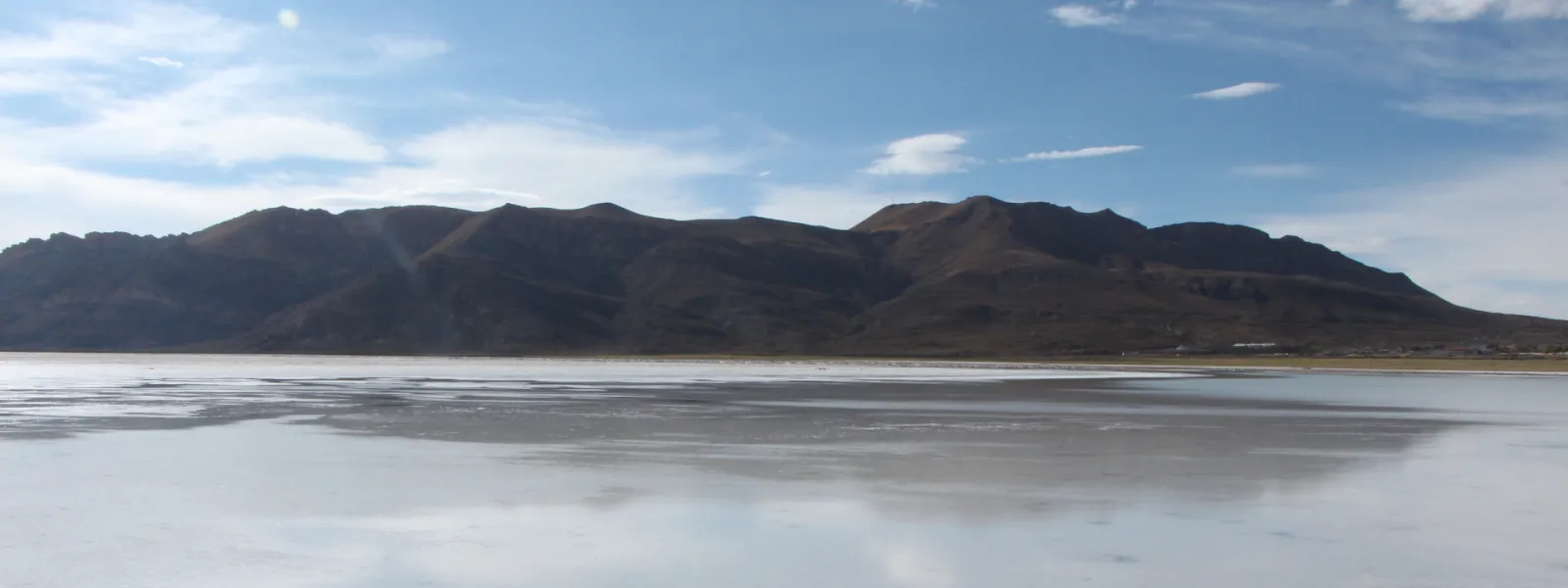
Hidrogeología de salares altoandinos
Foto: Andrés Ángel/AIDA19 March 2021
En este seminario virtual, hablamos del ciclo del agua superficial y subterránea en los salares altoandinos; de sus características, antecedentes de investigación y de las posibles afectaciones de prácticas como la minería de litio.
Panelistas
- Mariana Cervetto, hidrogeóloga chilena con amplia experiencia en la caracterización de estos ambientes, en declaraciones y evaluaciones ambientales y en proyectos comunitarios.
- Elena Rivera, fundadora de la Comunidad Indígena Colla en Copiapó y presidenta del Consejo Nacional del Pueblo Colla.
Moderó: Andrés Ángel, asesor científico de AIDA.
Grabación
